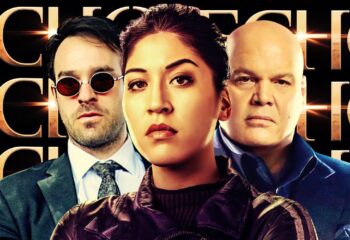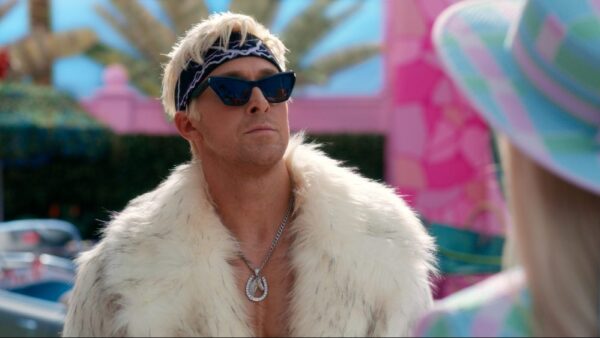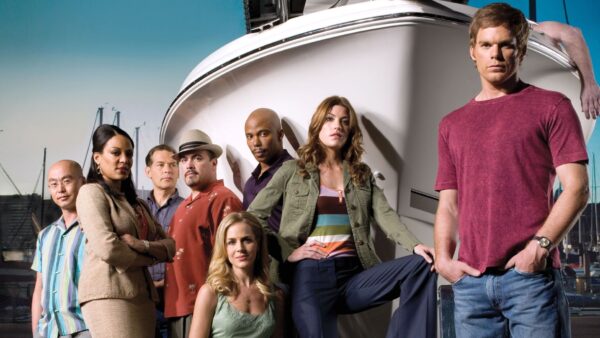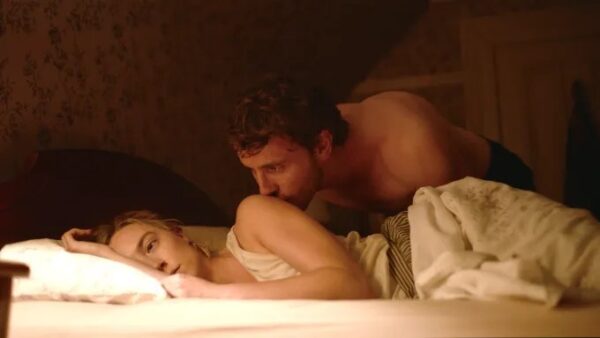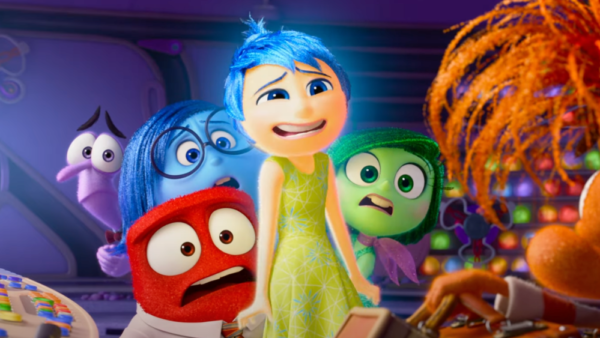10 Most Emotional Martin Scorsese Movies

Trend Indexing: Directing is now just a young man’s game. As Martin Scorsese has proven time and time again, filmmakers with experience are often best suited for stories that require a little bit more maturity. Scorsese is one of the few directors whose work has felt “essential” to film discourse ever since his debut feature.
Scorsese’s filmography is simply astounding, and dismissing his body of work as nothing more than “gangster movies” is a mistake. Beyond the crime genre, Scorsese has made many excellent biopics, religious epics, documentaries, and even a few comedies. Here are the ten most emotional Martin Scorsese movies, ranked.
10 ‘Casino’ (1995)
 Image via Universal Pictures
Image via Universal Pictures
Although it bears a lot in common with many of Scorsese’s other crime movies, Casino swaps his home city of New York for a Las Vegas setting. The 1995 thriller explores the fall of the Tangier Casino empire through the perspective of Ace Rothstein (Robert De Niro), a Jewish-American gangster who becomes a “made man” for the mafia. Like the city he lives in, Ace’s life is filled with shocking highs and devastating lows.
RELATED: Martin Scorsese’s Highest-Grossing Film Is This Unhinged Biopic
The casino is particularly emotional due to the attention that Scorsese pays to the marriage between Ace and his manipulative wife Ginger McKenna (Sharon Stone).
9 ‘The Last Temptation of Christ’ (1988)
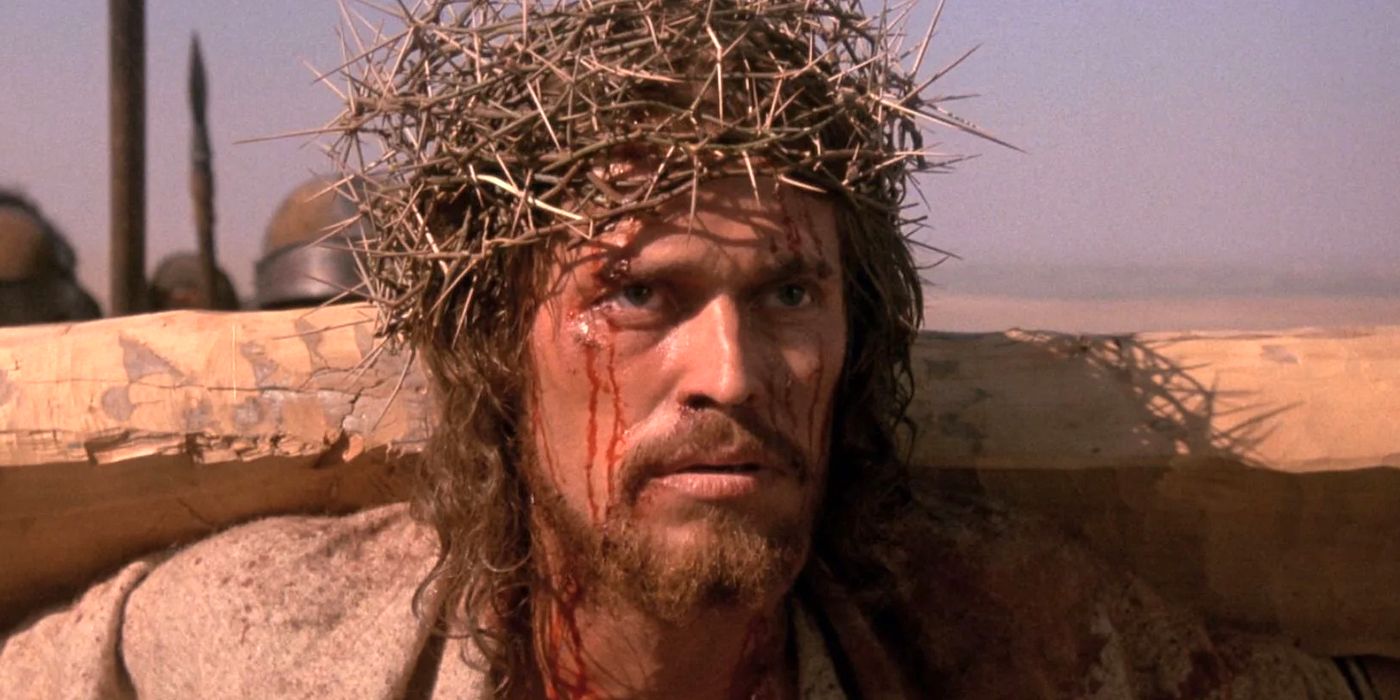 Image via Universal Pictures
Image via Universal Pictures
Scorsese is a lifelong devout Catholic and had to mature as an artist before he could craft his controversial 1988 religious epic The Last Temptation of Christ. The film brings to life Jesus of Nazareth’s (Willem Dafoe) last days in the desert as he is tempted by Satan with the prospect of becoming fully human.
In Scorsese’s eyes, there’s nothing more cruel than being tempted by the prospects of a fulfilling life, only to have it denied. While The Last Temptation of Christ was controversial among religious viewers, it remains one of the better films ever made about the Biblical era.
8 ‘The Wolf of Wall Street’ (2013)
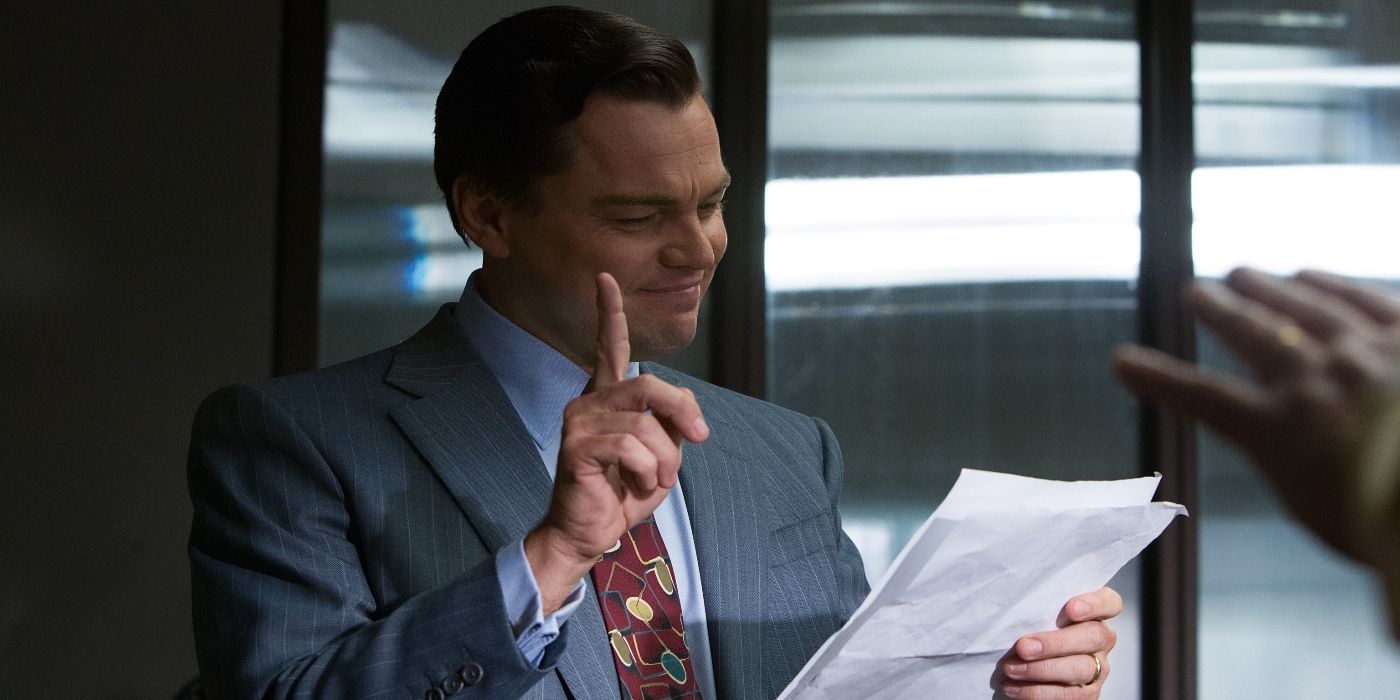 Image via Paramount Pictures
Image via Paramount Pictures
The Wolf of Wall Street is one of Scorsese’s most wildly misunderstood films. It’s very clear from the beginning that Jordan Belfort (Leonardo DiCaprio) is not a character that is worth celebrating. He’s cruel, selfish, and doesn’t really have any practical knowledge; the only skill Jordan has is the power to influence people to act against their better judgment.
Scorsese paints an epic American tragedy about how men like Jordan are able to cheat their way out of consequences with their sheer power of influence. It’s a simultaneously hilarious and devastating message.
7 ‘After Hours’ (1985)
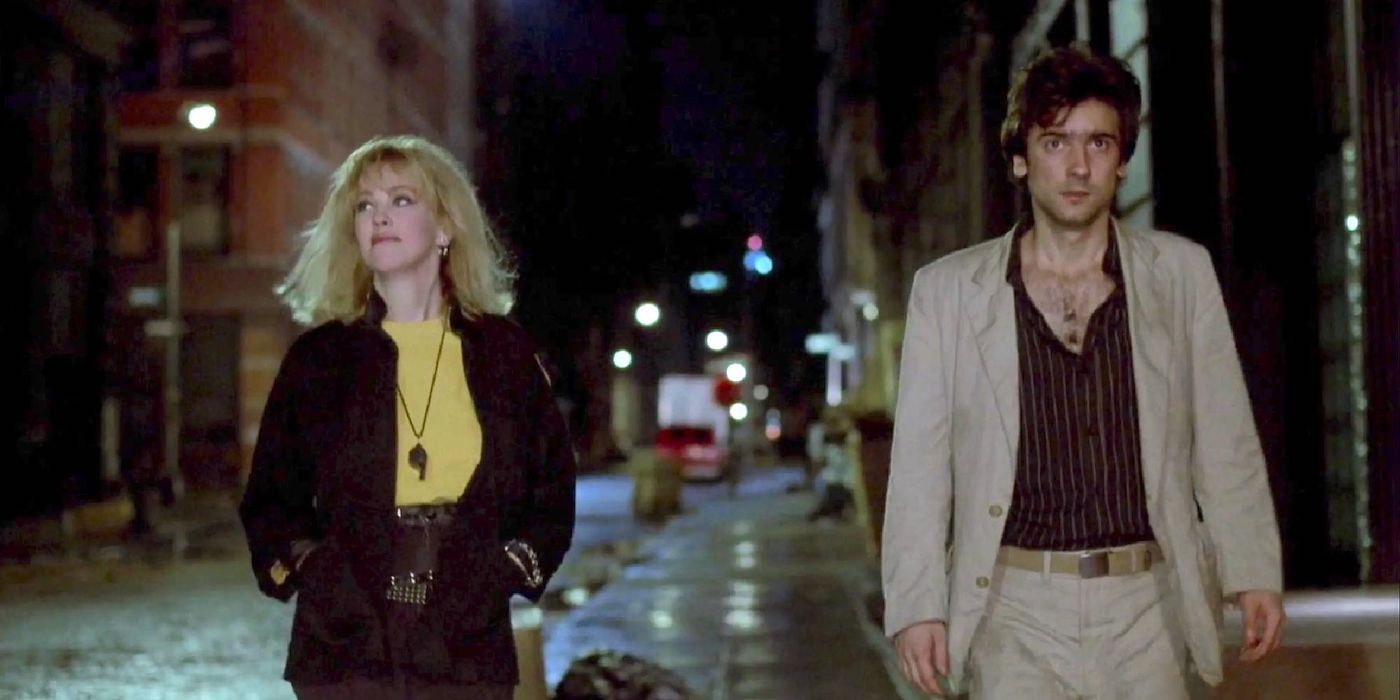 Image via Warner Bros.
Image via Warner Bros.
After Hours is both one of Scorsese’s scariest and funniest films. The 1985 comedy thriller epitomizes male anxiety with its story of Paul Hackett (Griffin Dunne), a hapless computer desk worker who is thrust into a night of chaos when his date goes awry.
Scorsese creates some of his funniest moments by showing how Paul is somehow blamed or intertwined with various illicit activities within New York City. Although it’s sad to see a seemingly innocent character go through so much torture, it doesn’t make After Hours any less hilarious.
6 ‘The Irishman’ (2019)
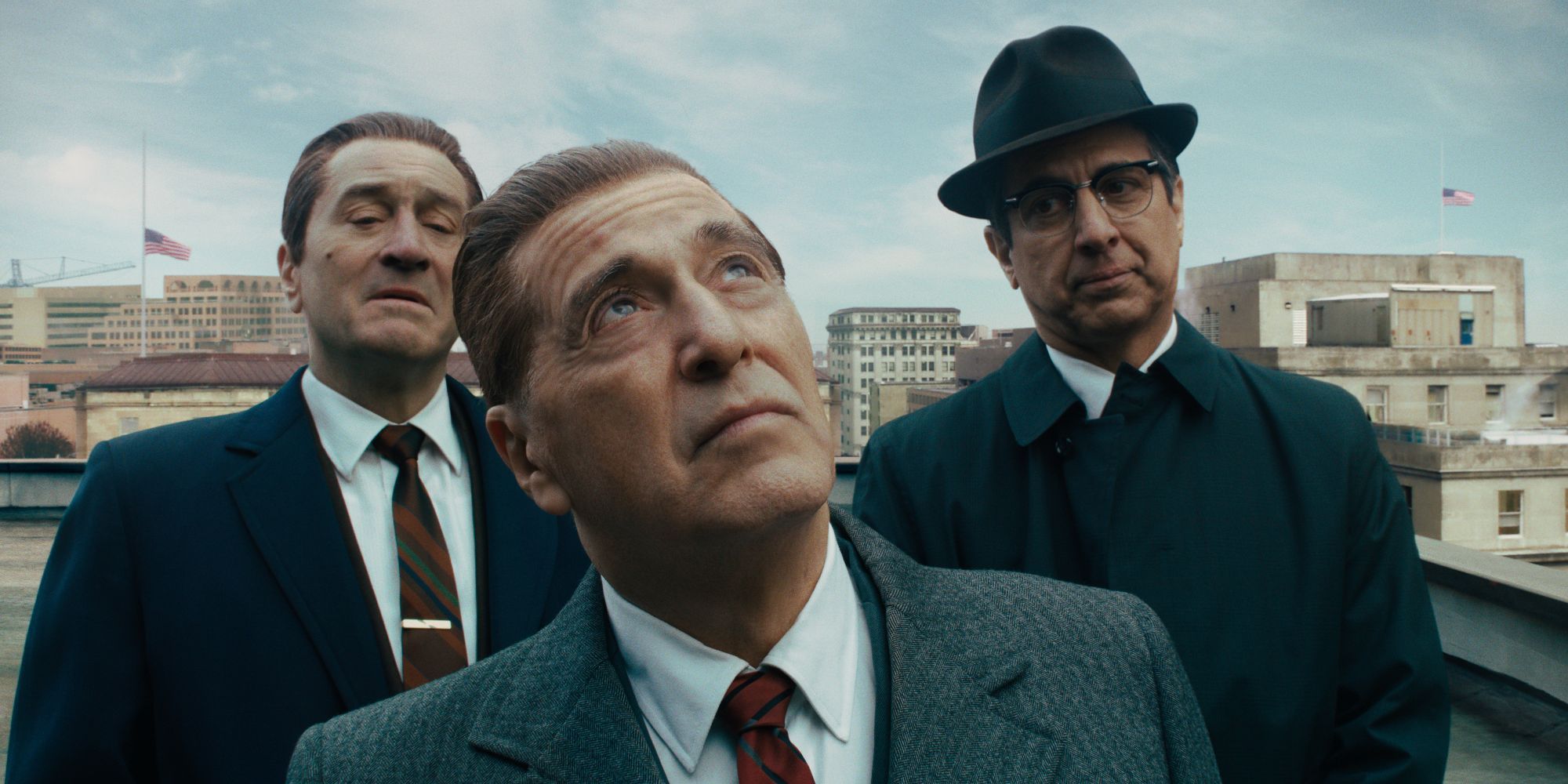 Image via Netflix
Image via Netflix
The Irishman feels like the film that Scorsese was building his entire career towards. The film examines how truly unfulfilling a life in service of violence really is. Frank Sheeran (Robert De Niro) may have spent his entire career building his credibility with the mob, but that doesn’t bring him any comfort as he ages.
Scorsese shifts tones in The Irishman’s final act as he shows Sheeran’s final days, where he’s left alone without a friend or family member to comfort him. It’s among the most devastating moments in any of his films.
5 ‘The King of Comedy’ (1983)
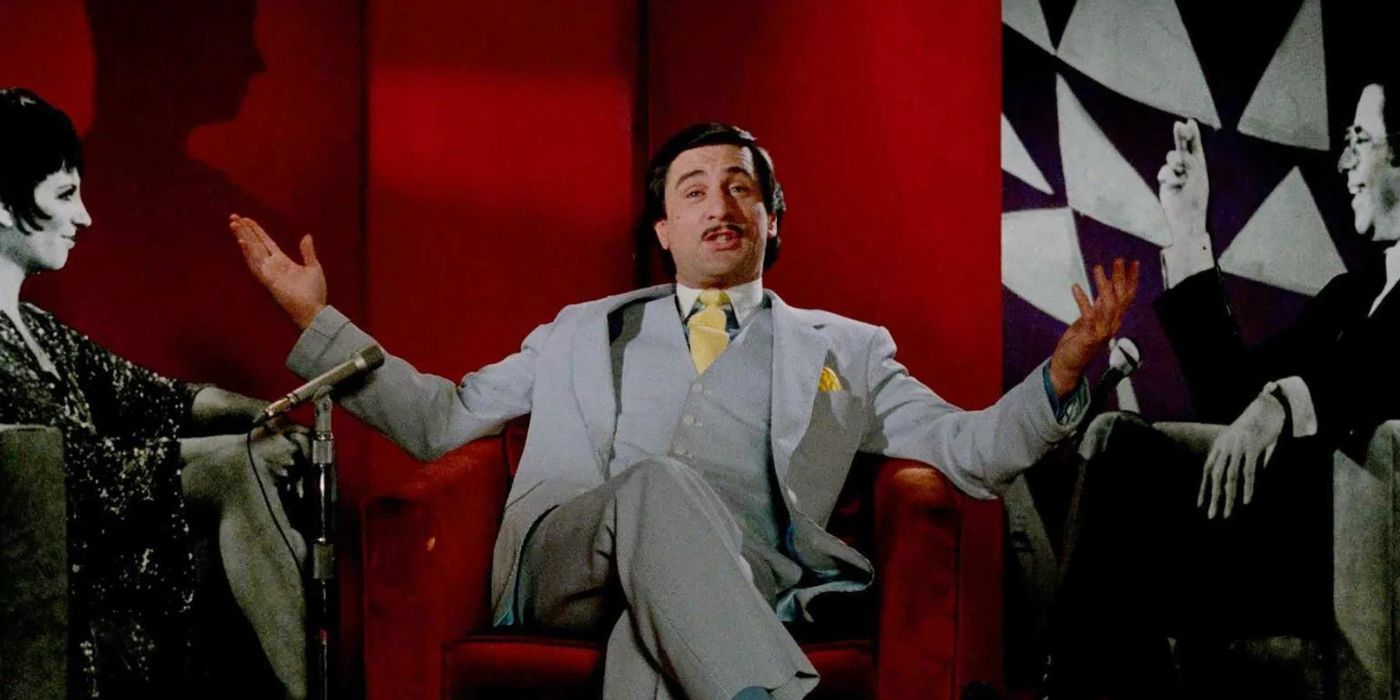 Image via 20th Century Fox
Image via 20th Century Fox
The King of Comedy wasn’t a hit during its initial release, but time has been kind to Scorsese’s shocking 1983 satire. The film follows the aspiring comedian Rupert Pupkin (Robert De Niro), whose attempt to break into the world of late night television is met with endless disappointment.
The film explores how demanding, and seemingly unfair the life of an artist really is; some people simply have talent, and those who don’t will always live in jealousy. Pupkin is ultimately trying to work his way into a world and profession that he will never be truly part of.
4 ‘Raging Bull’ (1980)
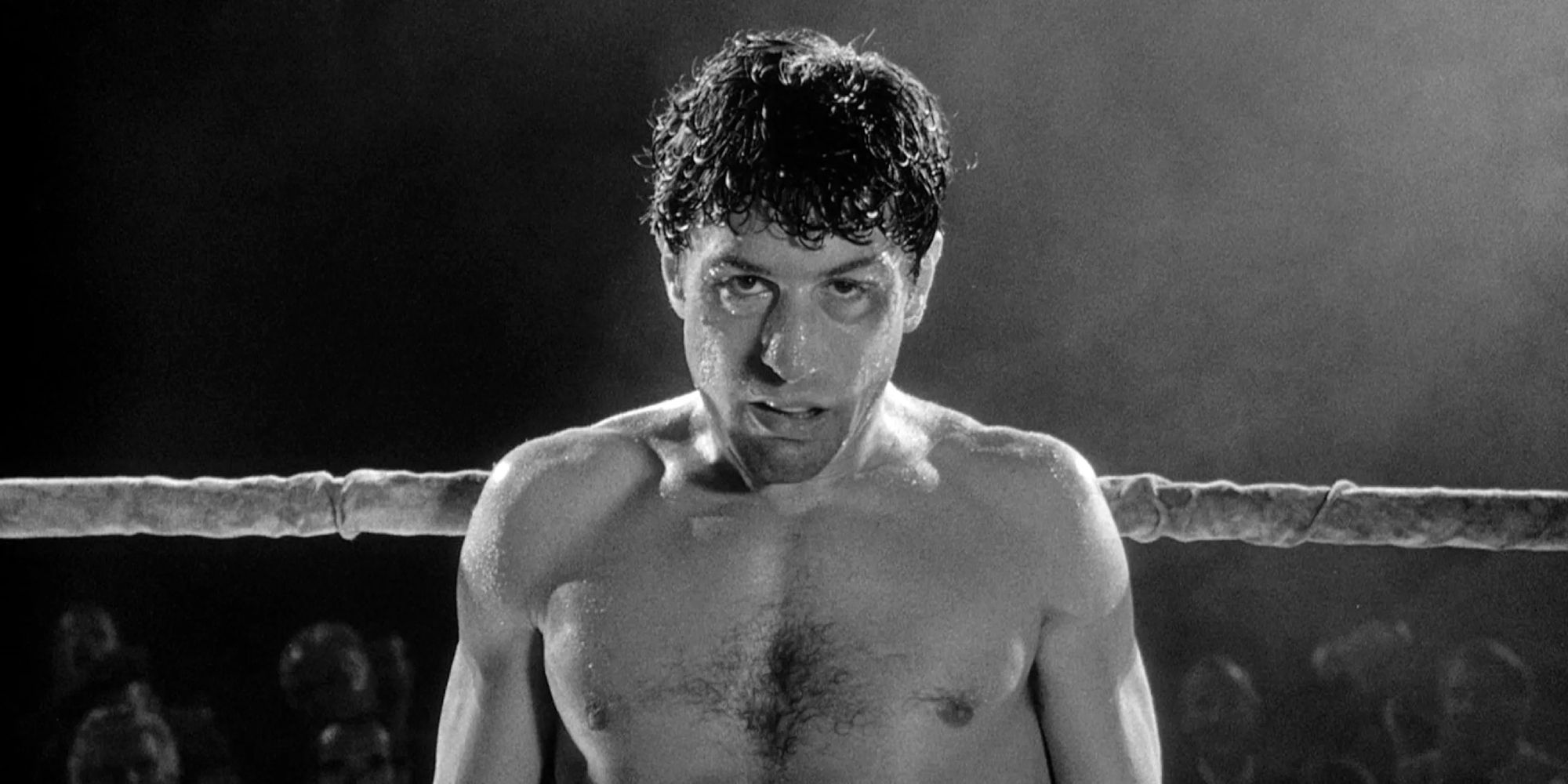 Image via United Artists
Image via United Artists
Raging Bull is Scorsese’s Othello parallel. The film uses the rise and fall of the boxer Jake LaMotta (Robert De Niro) to explore how jealousy, rage, and violence can trap men within a prison of consequences. Jake is one of Scorsese’s most unlikeable characters, but Scorsese makes his fall from grace a compelling one.
By the end of the story, Jake is faced with the knowledge that any actual skills he had as a boxer have been forgotten now that he’s walled himself off from opening up to anyone else. His lack of empathy was his downfall.
3 ‘Taxi Driver’ (1976)
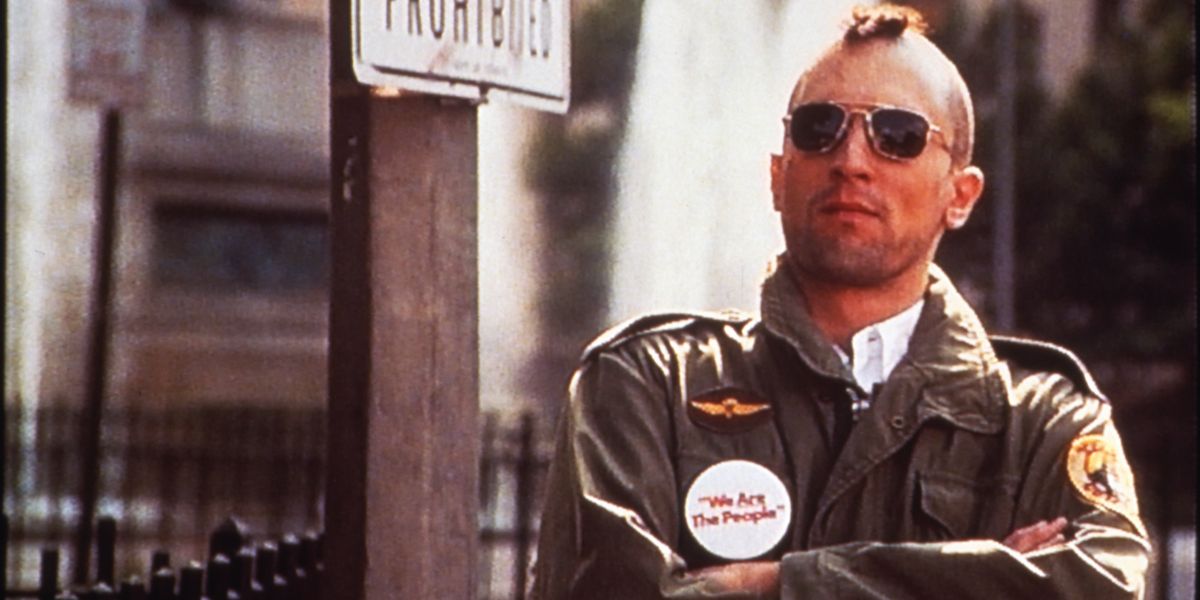 Image via Columbia Pictures
Image via Columbia Pictures
Scorsese was one of the many directors that are intertwined within the “New Hollywood” movement, in which American filmmakers told groundbreaking stories with strong anti-authoritarian themes. Taxi Driver is an analysis of how one man’s desire to rebel can lead to a wave of violence.
Travis Bickle (Robert De Niro) is a nobody, but becomes an icon because of the media’s infatuation with the worst of humanity. The film isn’t lionizing Bickle, but analyzing him; what factors could lead a character to make so many wrong decisions in a row?
2 ‘The Departed’ (2006)
 Image via Warner Bros. Pictures
Image via Warner Bros. Pictures
The Departed is easily one of Scorsese’s most entertaining movies, and finally earned him the Academy Awards for Best Picture and Best Director that he had so richly deserved. The film explores how at the end of the day, “cops and criminals” aren’t that much different. The corrupt cop Colin Sullivan (Matt Damon) and the undercover informant Billy Costigan (Leonardo DiCaprio) are both paws within a larger chess match between the mafia and the cops.
Although they both end up giving their lives in service of a cause that they think is worthwhile, the larger conflict has no end in sight.
1 ‘Goodfellas’ (1990)
 Image via Warner Bros.
Image via Warner Bros.
Goodfellas is Scorsese’s most iconic movie, but it’s also his most profound. The film explores the tragic nature of the mob, and how rare the virtue of loyalty actually is. Although Henry Hill (the late great Ray Liotta) thinks that a life of crime will bring him satisfaction, he’s ultimately faced with a future where he’s betrayed his friends and lost the respect of his family.
The crushing highs of seeing Hill, Jimmy Conway (Robert De Niro), and Tommy DeVito (Joe Pesci) enjoy their indulgences early on make the film’s tragic twist even more heartbreaking.


